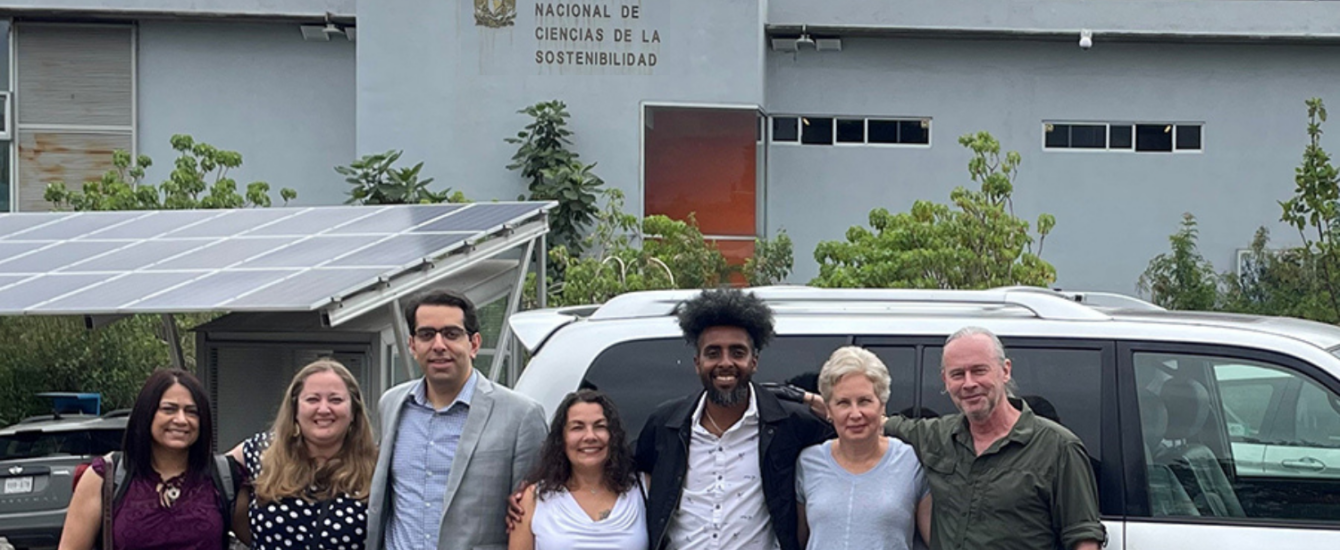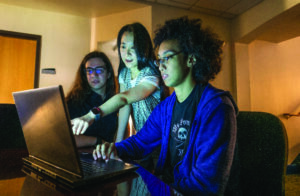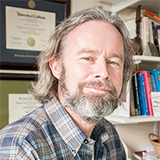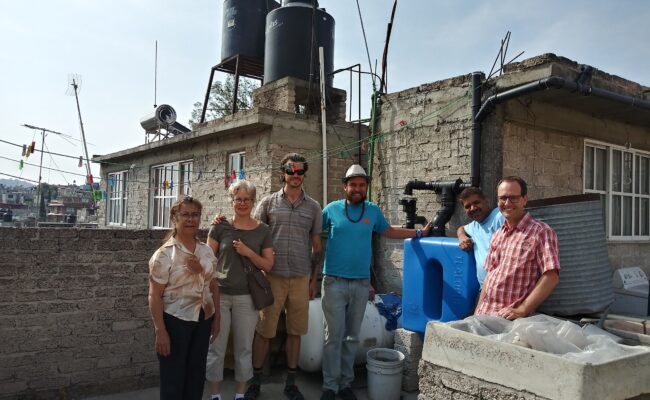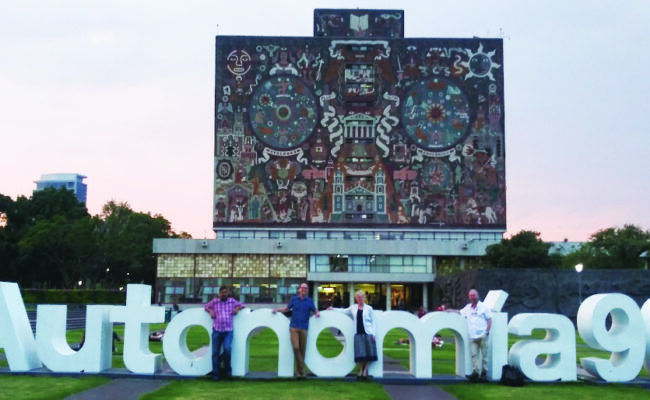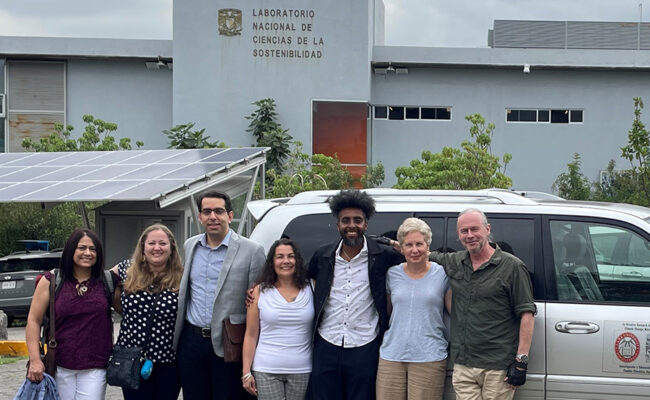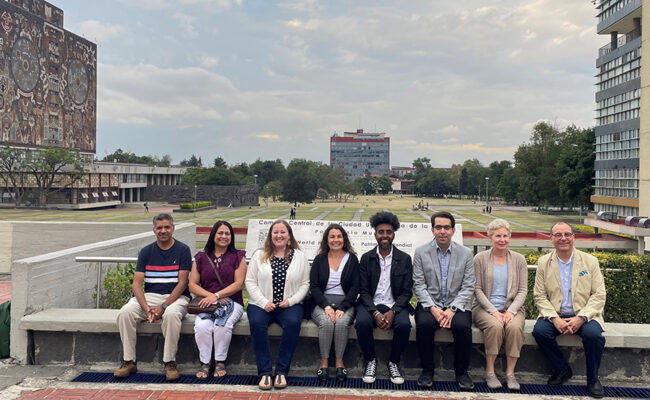Make an Impact on Climate Change, Sustainable Development, and Social Justice.
Join us on the project “Co-Creating Capacities to Understand, Visualize, and Mitigate Climate-Change Impact Cascades and Inequities in Central Mexico,” in partnership with the National Autonomous University of Mexico (UNAM), funded by the National Science Foundation.
Earn your master’s degree from globally ranked and recognized Clark University. Join our interdisciplinary team of faculty and graduate students as a member of the second research cohort and collaborate with the first cohort for transformative team-based work.
Project Background and Details
In 2022, “Co-Creating Capacities to Understand, Visualize, and Mitigate Climate-Change Impact Cascades and Inequities in Central Mexico” was awarded a $1.5 million grant from the National Science Foundation’s Partnerships for International Research and Education (PIRE) program (award #2230723).

The project involves nine Clark faculty from the Department of Sustainability and Social Justice, Graduate School of Geography, and Becker School of Design & Technology (BSDT). Our partners in Mexico include faculty from the National Autonomous University of Mexico’s (UNAM) Laboratory for Sustainability Sciences (LANCIS), Institute of Atmospheric Sciences & Climate Change (ICAyCC), and Program for Climate Change Research (PINCC), as well as the Mexico City government and local communities.
The project co-creates and integrates four components:
- A regional climate-change atlas using web-based GIS to map and spatially analyze climate, water, food/agriculture, ecosystem, health, and livelihood conditions
- A system dynamics model (SDM) to represent interactions among these sectors, impact cascades (one sector’s impacts propagate through others), the unevenness of impacts across populations/landscapes, and the simulation of alternative futures
- An eXtended Reality (XR) platform that allows stakeholders to inhabit those futures virtually to chart sustainable, socially just, climate-resilient pathways
- A research/practice-based suite of courses that Clark and UNAM students take together — including field research with local community partners
Interdisciplinary stakeholder co-creation is central to the work. Cohorts of Clark students spend months in the field, living and working with community partners and UNAM peers, which results in a transformative team-based experience.

